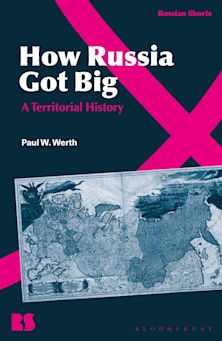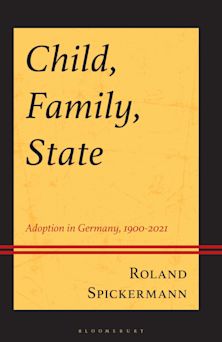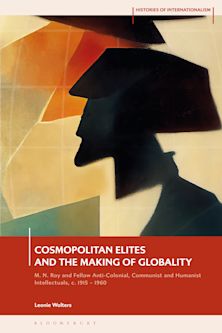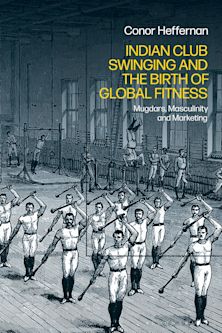- Home
- ACADEMIC
- History
- World History
- Policing Western Europe
Policing Western Europe
Politics, Professionalism, and Public Order, 1850-1940
Policing Western Europe
Politics, Professionalism, and Public Order, 1850-1940
This product is usually dispatched within 1 week
- Delivery and returns info
-
Free CA delivery on orders $40 or over
You must sign in to add this item to your wishlist. Please sign in or create an account
Description
This collection of essays examines the growth of professionalization in national police forces in England, France, Germany, Ireland, and the Netherlands. The period covered begins at the point where police forces had been established on some sort of a national scale. The essays are concerned with perceptions of both rulers and ruled, and perceptions of the role and function of the police in established industrial and urbanized societies. They also deal with the ways in which different police forces expanded and developed over time, and with the effect of this expansion and development on police organization and strategy.
During the period covered in the book, all the countries of Western Europe were confronted with similar, essentially political challenges. Industrialization and urbanization created new and alarming environments and appeared to foster new and menacing social groups, from the dangerous classes lurking within the unskilled urban working class, to the more tangible organizations created by labor. Socialism and fascism provided the European states with new ideologies and ideologues to confront or to support--and world war, involving mass mobilization on the home as well as the battle fronts, was seen to require a further extension of the role of the state. In a crisis, central government must ensure its command over its forces of coercion and its sources of information--it was then that the police became most openly the executive area of government. As the trend toward central control intensified, so did the trend toward professionalization. By examining the evolution of the police in five societies, the authors provide valuable analyses of the ways police forces differed from one another, the ways in which they approached their tasks, and how they developed their respective self-images. This collection will be of considerable use to scholars and students involved in research on modern European history and criminology.
Table of Contents
Urban Policing and Its Objects: Comparative Themes in England and France in the Second Half of the Nineteenth-Century by Jennifer Davis
Policing and the Administration of Justice in Nineteenth-Century Ireland by J.F. McEldowney
The Professionalization of the Police under the Third Republic in France, 1875-1914 by Jean-Marc Berlière
"Armed As If For A War": The State, The Military and the Professionalization of the Prussian Police in Imperial Germany by Herbert Reinke
Are the Police Professionals? An Historical Account of the British Police Institution by Barbara Weinberger
Police and Public Order in Britain 1914-1918 by David Englander
The Politics of Policing: Ireland 1919-1923 by Derek Sheills
Police Forces and Public Order in England and France During the Interwar Years by Clive Emsley
Policing, Professionalization, and Politics in Weimar Germany by Richard Bessel
Unreliable Neighbours: The Impact of Nazi Rule in Germany on Dutch Law Enforcement Agencies, 1933-1940 by Bob Moore
The Police of the Netherlands in and Between the Two World Wars by Cyrille Fijnault
Index
Product details
| Published | Oct 30 1991 |
|---|---|
| Format | Hardback |
| Edition | 1st |
| Extent | 272 |
| ISBN | 9780313282195 |
| Imprint | Praeger |
| Dimensions | 235 x 156 mm |
| Series | Contributions in Criminology and Penology |
| Publisher | Bloomsbury Publishing |



































